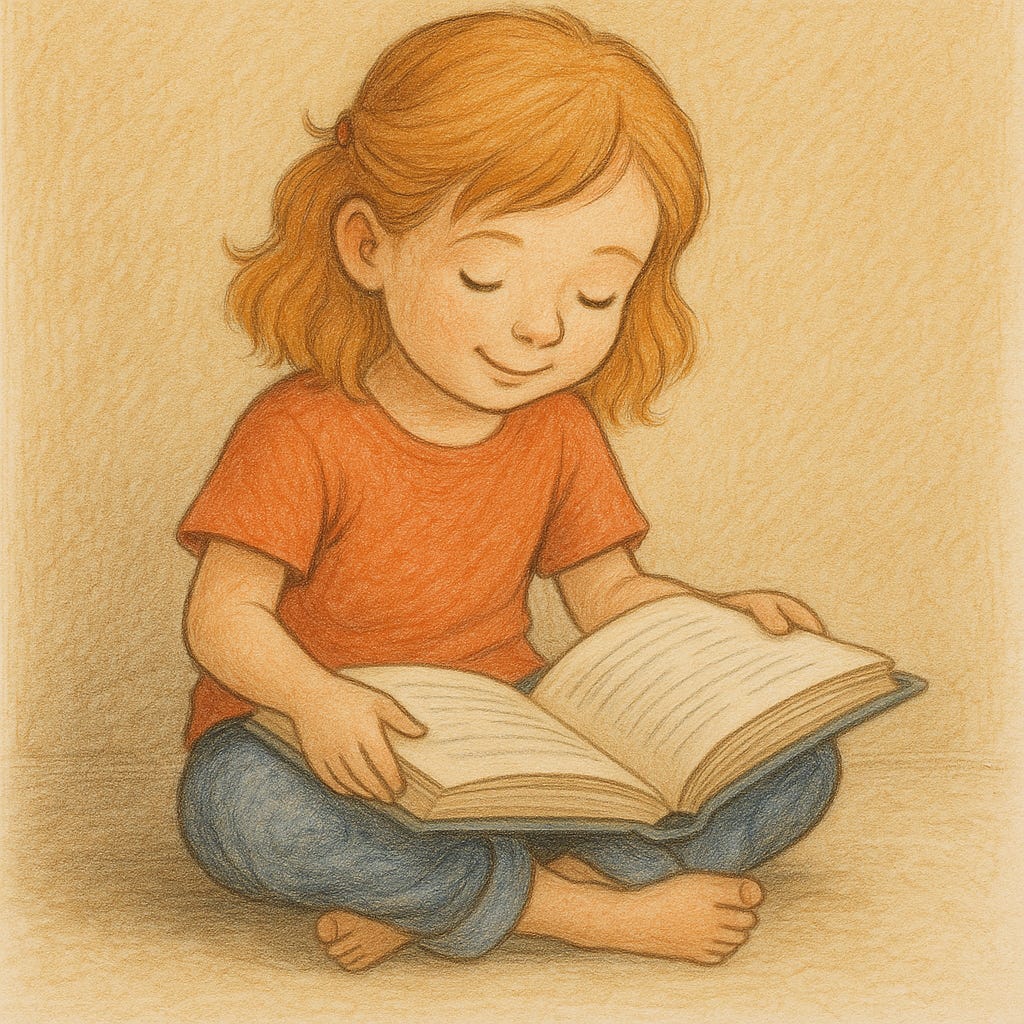Raised on World Book, Bound for Spain
How a Kentucky kid with a French dictionary and a stack of encyclopedias ended up in Valencia.
Growing up, my house didn’t have cable TV. We lived too far out in the country for such a luxury, and on our family’s tight budget, we couldn’t afford one of those giant satellite dishes ubiquitous in the 1980s and ‘90s. Instead, we had a rooftop directional antenna with a remote cont…



